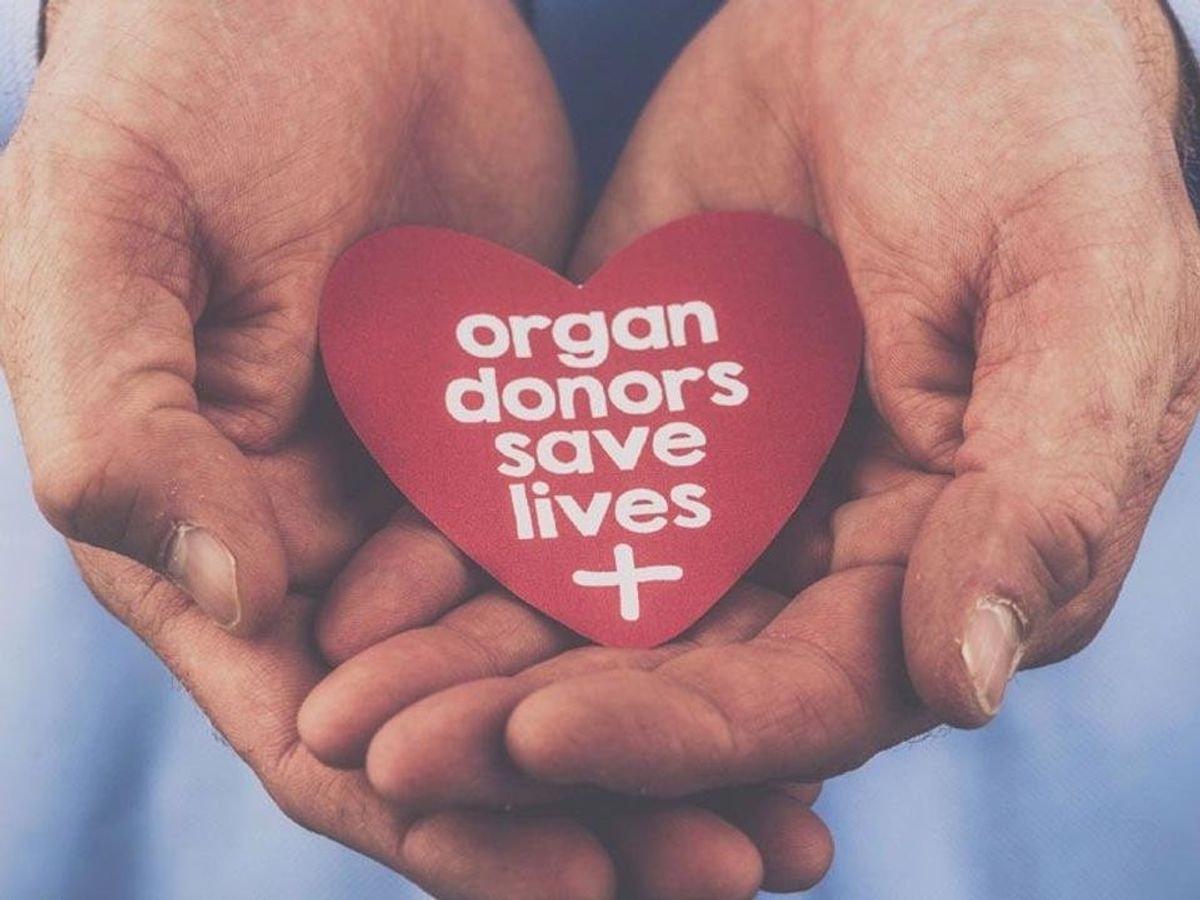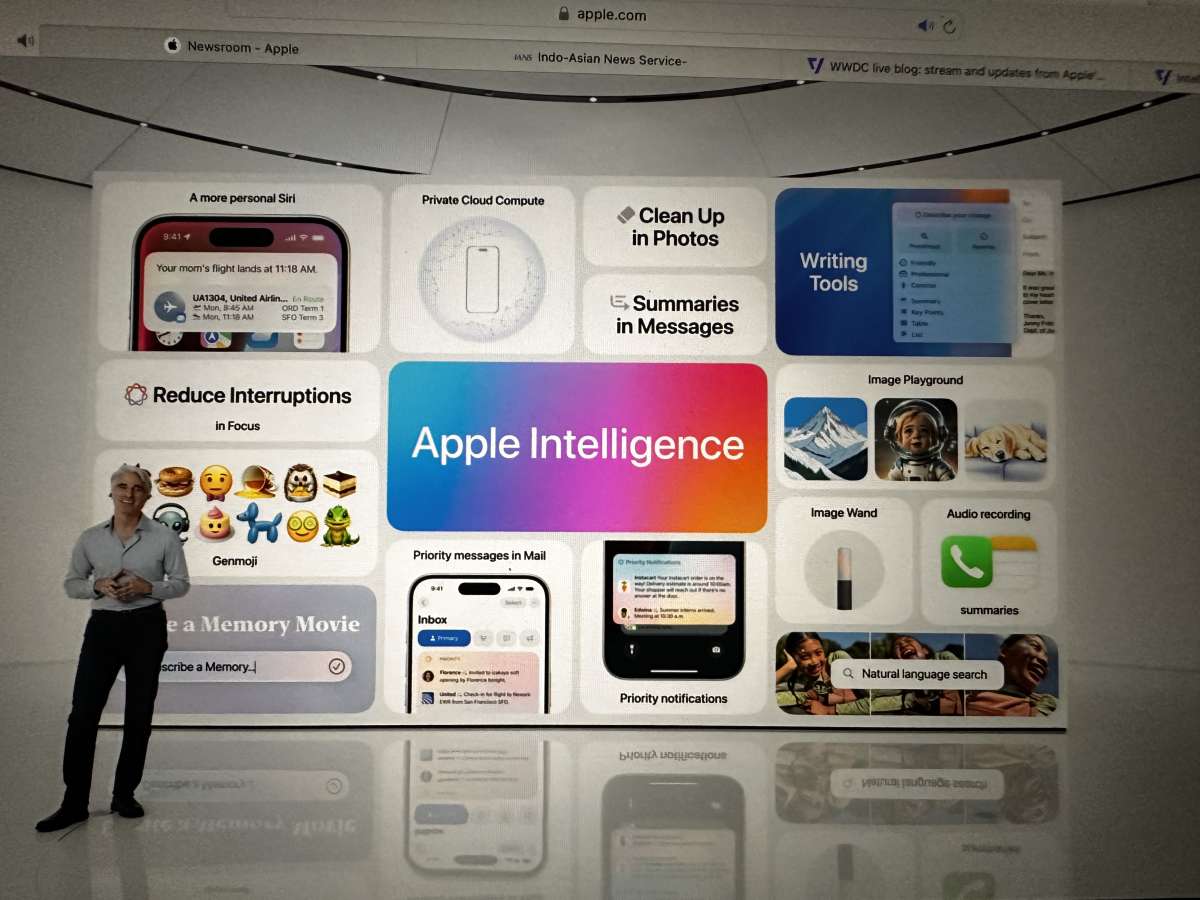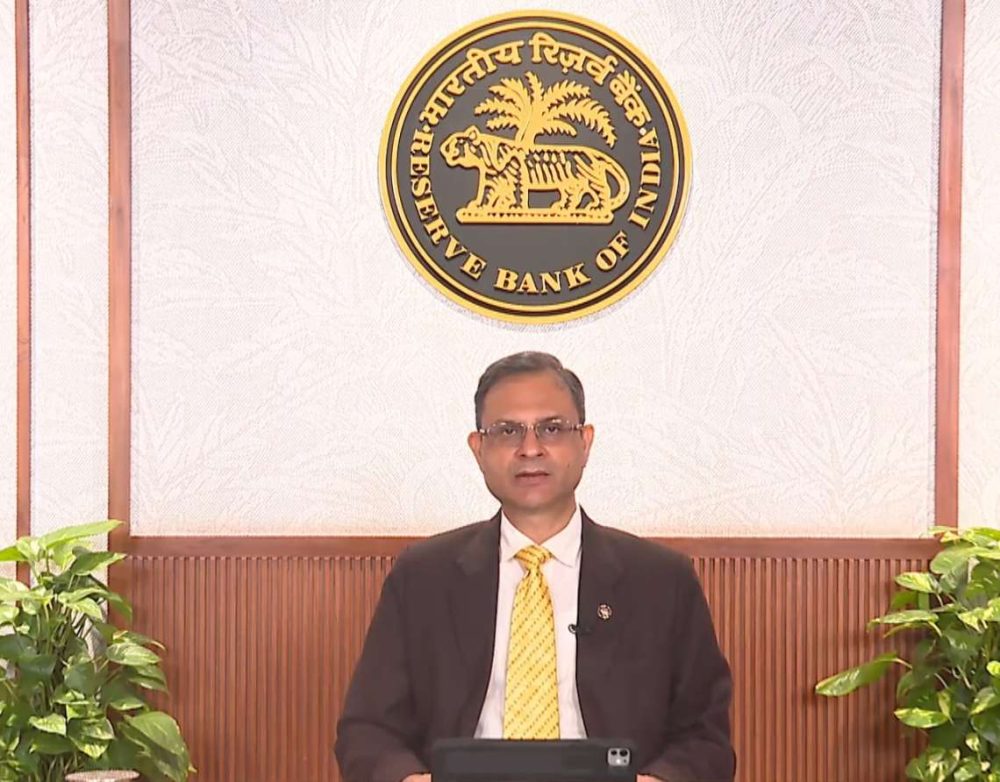The OrQA assessment will majorly look for damage, pre-existing conditions and how well blood has been flushed out of the organ….reports Asian Lite News
British researchers are developing a novel technology based on Artificial Intelligence (AI) that will pick donor organs for transplant on a much better level than humans, the media reported.
The new technology known as OrQA — Organ Quality Assessment — uses AI and its “memory” of tens of thousands of images of donor organs to identify the ones that offer the best chance of success during transplant, the Evening Standard reported.
Currently, doctors physically examine the organs that have the best chance of a success during transplant.
The OrQA assessment will majorly look for damage, pre-existing conditions and how well blood has been flushed out of the organ.
The technology, once rolled out, can result in up to 200 more patients receiving kidney transplants and 100 more receiving liver transplants every year in the UK, according to researchers, which include from the University of Oxford.
“Currently, when an organ becomes available, it is assessed by a surgical team by sight, which means, occasionally, organs will be deemed not suitable for transplant,” Prof. Hassan Ugail, director of the centre for visual computing at the University of Bradford, was quoted as saying.
“We are developing a deep machine learning algorithm which will be trained using thousands of images of human organs to assess images of donor organs more effectively than what the human eye can see,” he said.
“This will ultimately mean a surgeon could take a photo of the donated organ, upload it to OrQA and get an immediate answer as to how best to use the donated organ,” Ugail said.
The project is backed by ministers, NHS Blood and Transplant (NHSBT) and the National Institute for Health and Care Research (NIHR) Blood and Transplant Research Unit. Researchers have also secured more than 1 million pounds in funding from NIHR, the report said.
“This is a really important step for professionals and patients to make sure people can get the right transplant as soon as possible,” Colin Wilson, transplant surgeon at Newcastle upon Tyne Hospitals NHS Foundation Trust, was quoted as saying.
“The software we have developed ‘scores’ the quality of the organ and aims to support surgeons to assess if the organ is healthy enough to be transplanted,” he added.














